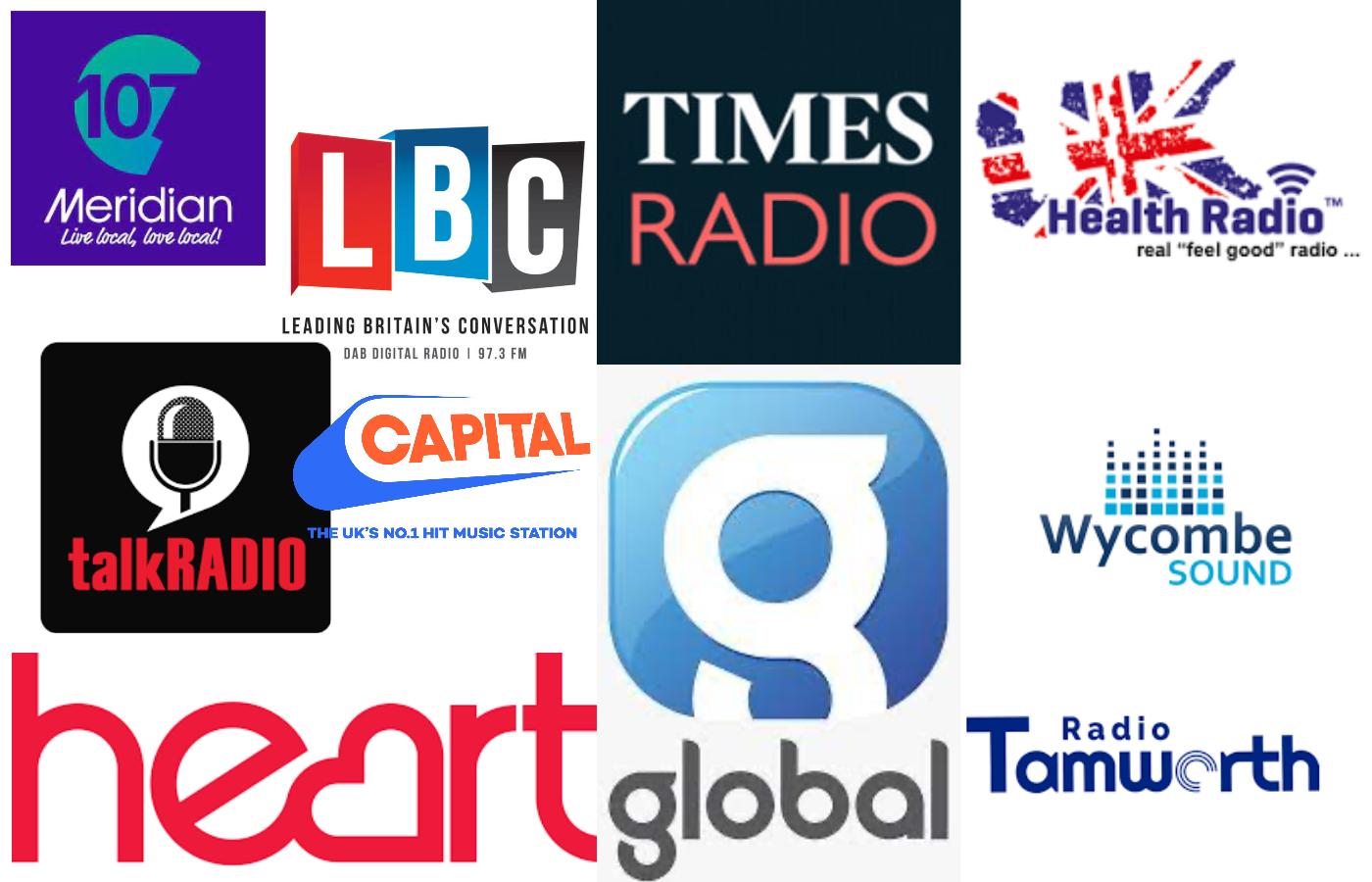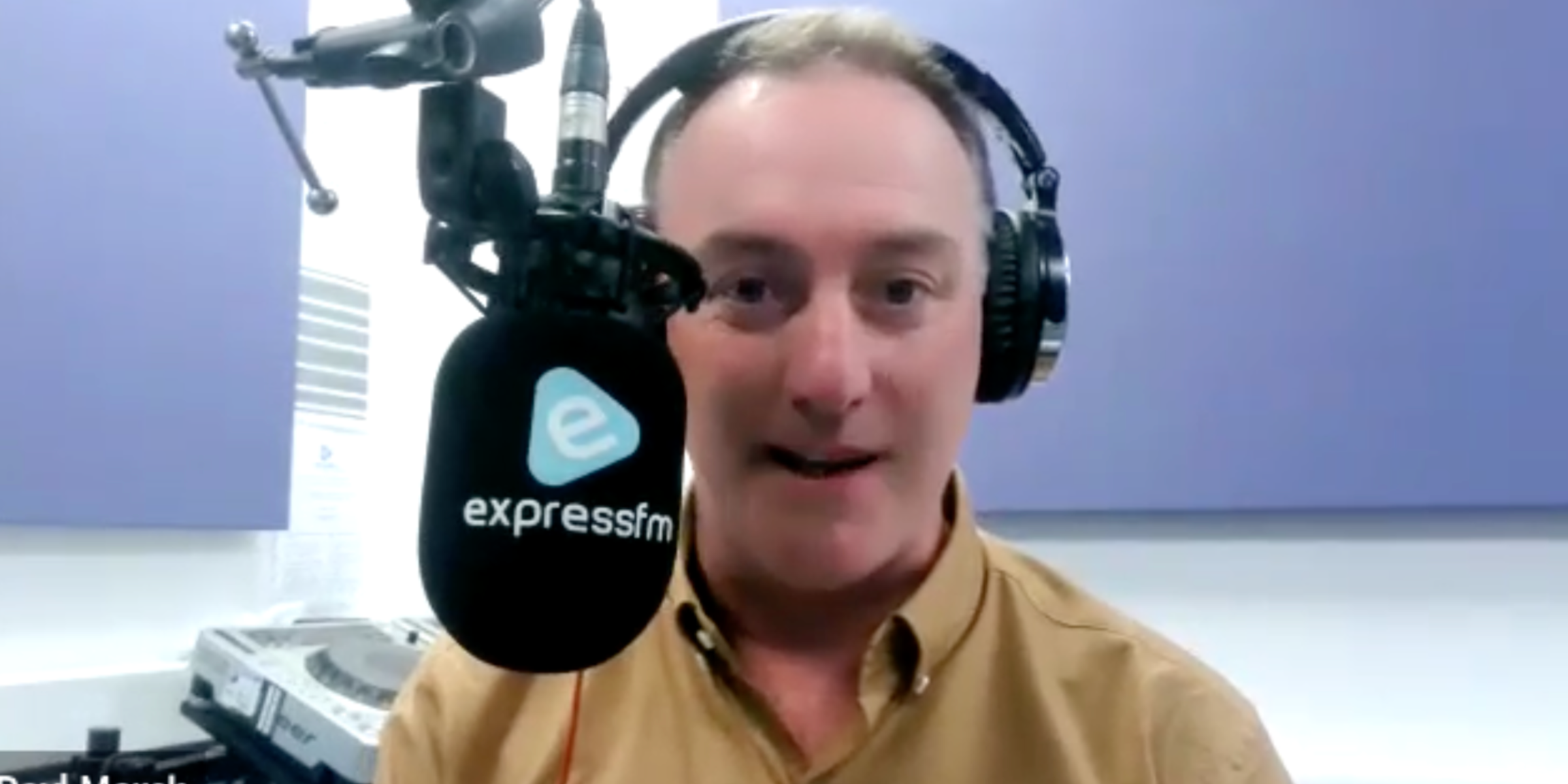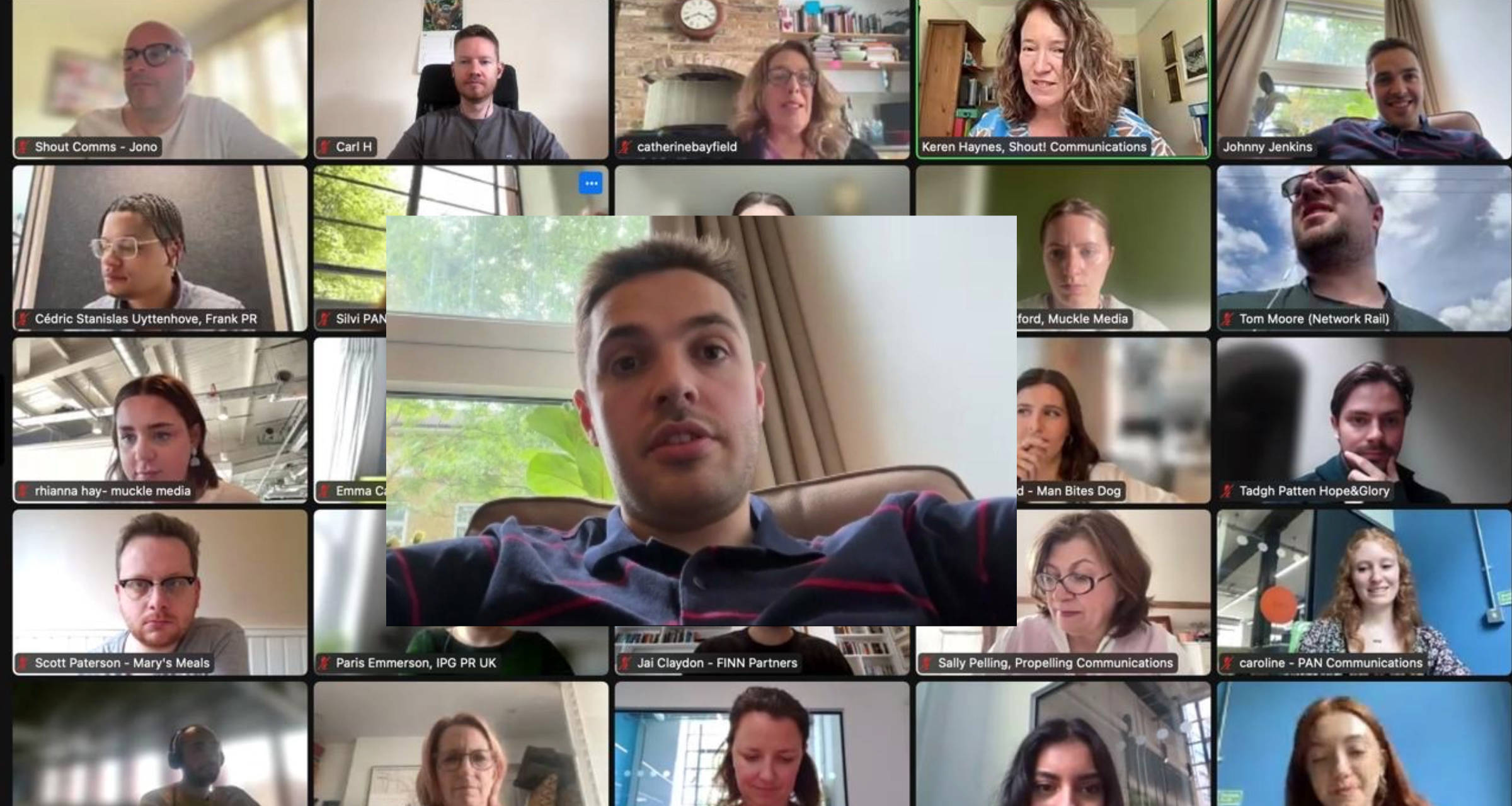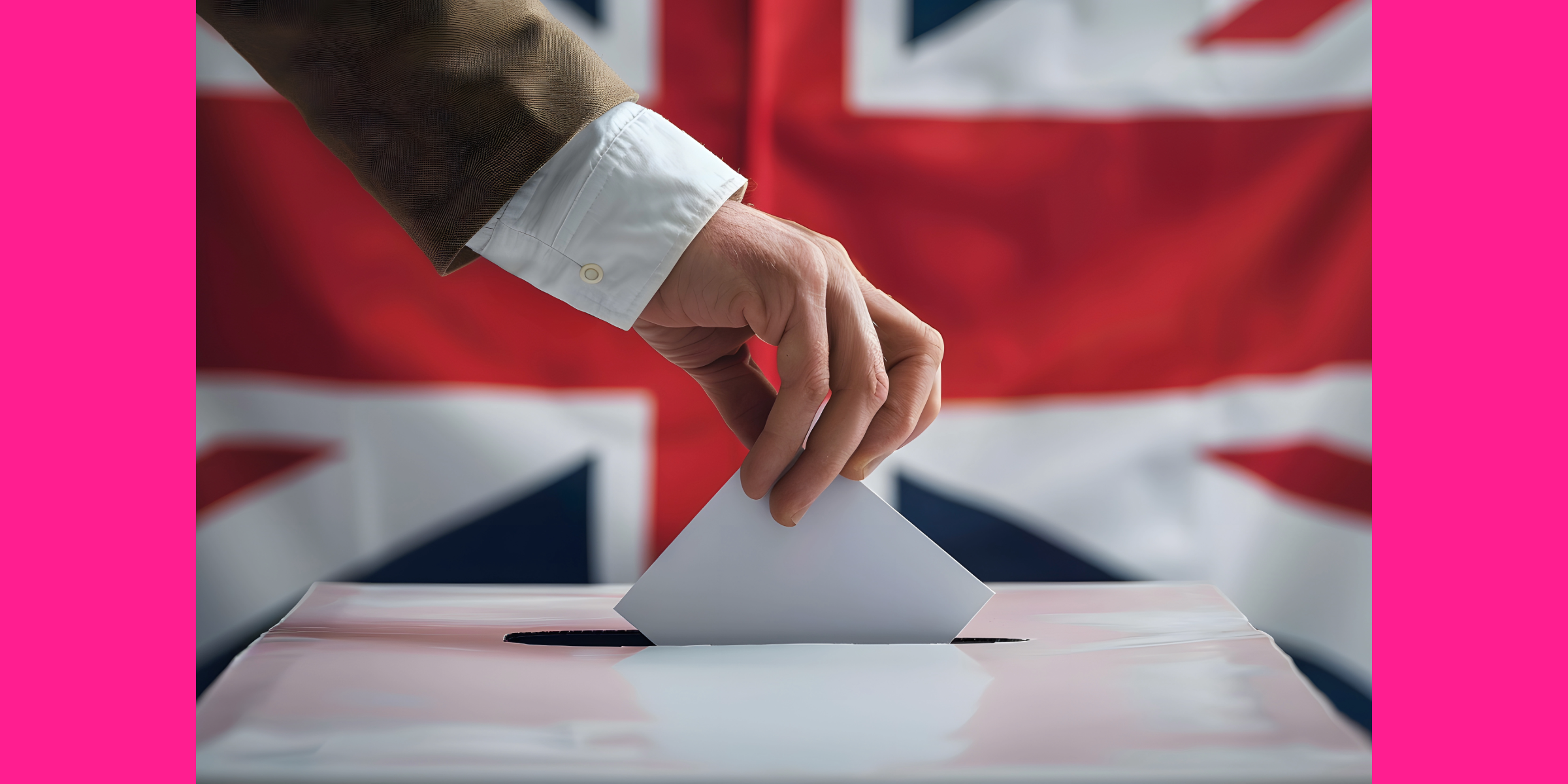Radio is a brilliant medium for businesses that are looking to promote themselves, with 49.5 million listeners every week, commercial UK radio advertising helps brands big and small to reach their target audience, build awareness, and increase sales.
What do we mean by Radio advertising?
In its simplest terms it is buying commercials (adverts) to promote your product, service or even an event. Advertisers pay commercial radio stations for airtime typically in a block of 15 or 30 seconds and the radio station broadcasts the advertiser’s commercial to its listeners.
There are some restrictions as to who can advertise on air, the most obvious tobacco, illegal products or services and counterfeit goods!
According to Radio Centre Radio delivers £7.70 revenue return on investment on average for every pound spent couple that with lower production costs than TV advertising and you’re on to a winner.
*Source: Radiocentre’s: Radio for growing ROI
Which sectors benefit most from radio advertising?
There are some sectors who really favour UK radio advertising and they are retail, financial sector, luxury brands and the sports and ftness industry.
Radio advertising gives the flexibility of relatively short lead-times and it allows you to target your key audience by the type of station; age, gender, and if required a specific region in the UK.
It’s all about the timing
But you have to pick your moment!
It is known as context advertising, aligning a message with an activity for example tapping into a hungry audience driving home from work. If you’re listening to that all familiar McDonald’s jingle, you’re more likely to swing by drop in for a cheeky burger.
According to research conducted by Differentology, brands like McDonalds, Heinz and Deliveroo saw a sales uplift of 51% when they focused on targeting their customers when they were engaged in a relevant activity.
Timing though is key– the biggest radio audiences are for breakfast, drive and post pandemic and more people working from home, mid-morning shows too! To advertise on these programmes means you should expect to pay more. A networked breakfast show for example like Smooth would typically be upwards of 5 – thousand pounds. Shout! Communications organised a week of promotions giving away weekend stays for a luxury hotel brand and they received a minimum of 5 credits a day as well as being featured online.
How do you know what to do?
It may sound complicated, but the sales team at most of the larger radio station will work out the options for you, providing an estimated repetition figure, called OTH (opportunities to hear).
Here are some guidelines to help you create a successful advert from start to finish.
Industry research shows that radio marketing campaigns are on average 60% more likely to make brands famous. So, what are you waiting for?
Step by step…
We can’t stress this enough, but you need to consider your audience and establish who you are looking to target. They won’t all listen to the same radio stations – what music do they like –how old are they? Are they professional opera buffs in which case Classic FM would be relevant – or if they’re Millennials they’ll be more likely to be listening to Kiss FM. In addition to what they listen to when are they listening?
What’s the budget?
Budget is also extremely important. How much do you or your client want to invest in radio marketing? Radio stations typically sell advertising spots in 15-second blocks. The time of day will also impact costs with breakfast and drive time adverts costing more. You also need to establish what sort of advert you’d like to commission – is it light-hearted, informative etc. Your choice is mainly dependent on what you want to achieve. Don’t forget to allocate budget to create the advert as well as to have it broadcast but most stations will combine the two.
Getting your message across
The next step is to come up with your creative and write your ad copy. We recommend you leave this to the experts and use an advertising agency or a content marketing agency to create your advert. It can be a speedy process literally minutes and they can advise too on what voice (famous or not) you’re looking for. The more well known the ‘voice’ the more you’ll have to pay, and it can run into thousands.
Once all parties are happy you can negotiate when and how the advert will be played out.
A typical radio marketing campaign would run over a week. Sometimes you or your client may only have budget to run it over a shorter period, for example a weekend promotion or a “winning weekend” For optimum results, we recommend a minimum of a week it’s a bit like podcasts you need to build up momentum and familiarity with the audience but a two-week campaign is ideal.
Benefits and drawbacks of advertising
We’ve looked at the benefits of radio advertising be able to be selective and choose demographic, region etc, its cost effective, flexible and allows creativity but there are also some disadvantages and limitations. The most obvious is, it isn’t TV so there aren’t any visuals so you are reliant on sound only.
Listeners are often preoccupied while listening to the radio – they may be driving, working etc. This makes it more difficult to get a listener’s attention – and the lack of a visuals makes it more difficult to show the product. For this reason, adverts should be simple to understand and repeat critical information many times.
The ad is only as good as the creative – and we all know some adverts are so ANNOYING you just dip the sound down when they come on or swap to a different show. There is no guaranteed success and with so many radio ads it becomes cluttered and hard to cut through. Our top tip make sure you are first or last in a batch of adverts.
National vs local stations – choosing a relevant station partner
It really comes down to what the brand, organisation or business is looking to achieve. National advertising gets blanket coverage but you’ll pay for it! You can be much more targeted with regional radio.
Local stations are an important source of local information for the communities they serve. Advertising on local radio is one of the best ways to connect with customers in their local area.
Who’s your target audience
Media companies have in-depth knowledge of the demographics of each station, whether it be regional or national so it allows the brand to be more strategic. EG if a company is trying to reach a certain demographic a brand may invest in local radio advertising with one station over another because that station meets the target demographic.
This means the company is spending money on radio marketing that is likely to hit the key audience.
Drilling down
A national or international company can begin to develop a local reputation through local radio advertising. Many people have allegiances to certain stations, and they identify that station with their region in many cases. Advertising locally allows a national brand to identify with people on a more local level.
So how do you choose a relevant station partner. Bauer for example say they know their audience inside out The Greatest Hits Network audience are “ mature, but young at heart. They are intelligent, funny and loving life more than ever before. They have never lost their passion for having fun. The kids are flying the coop, so our audience are ‘Reclaimers’ with money and the time to do something about it – and they are living their best life right now.”
Sponsorship
It is also worth considering sponsorship. Commercial stations offer the opportunity to sponsor, weather reports or other types of regular programming including the whole show. As a sponsor, you’ll typically get additional mentions, announcements of your sponsorship that lead into special programming. Often, sponsorship will guarantee your spots air first in the commercial breaks, so you’ll reach more listeners before they have a chance to switch stations or tune out during long breaks.
Radio can also play a powerful role helping to build brands in the longer term.
Absolute Radio and Wickes
Absolute radio has worked with DIY and building experts Wickes in an enduring 10 year relationship and we feel that sponsorship can be more authentic and credible and it feels too like the presenter is buying into the brand.
https://www.bauermedia.co.uk/advertise/advertising-services/creative-partnerships/
With high levels of listening (two-thirds of adults tune in to commercial radio every week) radio is effective at delivering high reach for advertisers. Industry research shows that campaigns that use radio are on average generate 60% more likely to make brands familiar.
Top tips to consider
- Your budget
- Who you want to reach – pinpoint your audience
- Know what your buying– do your research
- Look for sponsorship rather than advertising – gives more credibility
- Entertain, inform and educate the audience.
Broadcast Radio PR benefits
We’ve talked in depth about the benefits of radio advertising and radio marketing and they have their place. But a as specialist broadcast PR agency we can help you reach a radio audience of almost 90% of UK adults with our creative and targeted radio media relations campaigns. This is earned media, rather than paid-for slots.
We guarantee our radio coverage
Typically you will get a minimum of 10-12 opportunities across BBC and commercial, national and regional radio stations with a weekly reach of at least a million listeners. We expect 1-2 of these at least to be nationals. Of course, we may get much more and frequently do.
We give our guarantee confidently. Our media consultants are skilled at creating radio PR campaigns because many of them have worked as broadcast journalists themselves. We have the contacts and the know-how to get your story broadcast.
How we work
Client happiness with a radio day rests with the question: what matters most to you? At the start of a campaign we ask, which two of five elements, are most important:
- The number of interviews secured
- The quality of the station
- The number of brand mentions
- The number of key messages communicated
- The audience reach
Depending on your answer, we then tailor the story to suit the stations who will provide you with what you want. If, for example, key messages communicated is the most significant aspect of the campaign for you, we will endeavour to secure as many live interviews as possible. Live interviews give you longer on air and more editorial control, therefore your spokesperson has a better chance of communicating more key messages.
Often, we write several press releases, each with a different spokesperson in mind.
Radio days post COVID-19
Whilst the quality and quantity of our coverage remains similar to what it was pre-pandemic, the way we organise a radio day has changed, probably forever. There is no longer any reason for a radio day to take place in a studio, instead broadcasters say they will continue conducting interviews remotely, as they have been doing since the start of the pandemic. The BBC prefers using FaceTime via an iPhone and commercial stations favour Zoom.
Broadcasters are happy with the sound quality and spokespeople and clients love the convenience of being able to talk from home.
Now we’re through the worst of the pandemic we are offering our pop up radio studio, which can be operated from a client’s office, a PR agency, someone’s home or a hotel – wherever you like.
Our radio days continue to include:
- Pre campaign consultation – including support with research (which we can do for you), spokespeople and their contracts, story development.
- Drafting of all press releases. Depending on the story we might write several, tailored for different outlets
- Selling in to all national and regional, BBC and commercial radio stations.
- We guarantee a minimum of 10-12 opportunities with a reach of at least a million – but typically we are more likely to get 15-20 and last year our reach averaged 4.5 million. We expect 1-2 of these at least to be nationals.
- As much studio time as required, along with our producer and sound engineer
- Recording of a free podcast
- A national sweep to see if any stations used the copy but didn’t do an interview
- All the audio from the interviews
As part of our radio days, we can also secure interviews for your spokespeople on podcasts produced by third parties.
Get in touch
To discuss your radio strategy have a chat with one of our team. Call 020 7240 7373 or email hello@shoutcommunications.co.uk.



